Shared Ritucharya, also known as seasonal self-care, is an ancient Ayurvedic practice
that involves adjusting one’s daily routines and habits based on the changing seasons.
In this article, we will explore how to implement Shared Ritucharya into your self-care
routine for the fall season.
Fall is the season of Vata, which is associated with the elements of air and space. The
qualities of Vata are dry, light, and cool, and the changes in temperature and moisture
during the fall season can increase the Vata dosha in our bodies. To balance this, it’s
important to implement self-care practices that are grounding and nourishing.
One of the key components of Shared Ritucharya for the fall season is to eat seasonal,
warming, and nourishing foods. This means incorporating more cooked, warm foods
into your diet, such as soups, stews, and root vegetables, and reducing your intake of
raw foods and cold drinks. Spices such as ginger, turmeric, and cumin can also be
added to your dishes to help warm and balance the body.
In addition, it’s important to prioritize rest and sleep during the fall season. Vata
imbalances can lead to feelings of anxiety, restlessness, and insomnia, so it’s important
to get plenty of rest to help balance the Vata dosha. Aim for 7-8 hours of sleep each
night and try to go to bed and wake up at consistent times each day.
Exercise and physical activity can also play an important role in Shared Ritucharya for
the fall season. Gentle forms of exercise, such as yoga, tai chi, or walking, can help to
ground the body and balance the Vata dosha. Regular exercise can also help to improve
sleep quality and reduce stress and anxiety.
Another important aspect of Shared Ritucharya for the fall season is to incorporate
self-massage with warm, nourishing oils into your routine. Abhyanga, or oil massage, is
a traditional Ayurvedic therapy that involves massaging the skin with warm oil to
promote overall health and well-being. The warm oil can help to soothe the mind and
calm the nervous system, and the gentle, rhythmic movements of the massage can help
to promote relaxation and improve sleep quality.
Incorporating self-care practices into your daily routine, such as meditation, deep
breathing, and mindfulness, can also help to balance the Vata dosha during the fall
season. Taking time each day to slow down, breathe deeply, and focus on the present
moment can help to reduce stress and promote a sense of relaxation and calm.
In conclusion, Shared Ritucharya is an ancient Ayurvedic practice that involves adjusting
one’s daily routines and habits based on the changing seasons. For the fall season, it’s
important to prioritize rest and sleep, eat seasonal, warming, and nourishing foods,
incorporate gentle forms of exercise into your routine, and incorporate self-massage
with warm, nourishing oils into your self-care routine. By implementing these self-care
practices, you can help to balance the Vata dosha and promote overall health and
well-being.


0
Shares
0
Shares



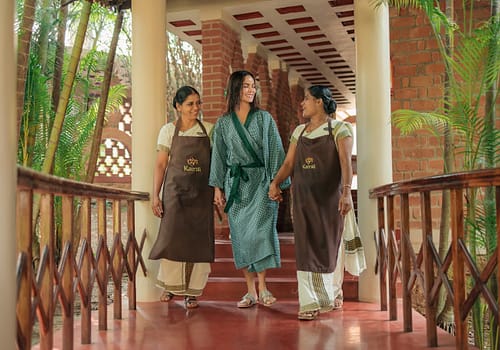
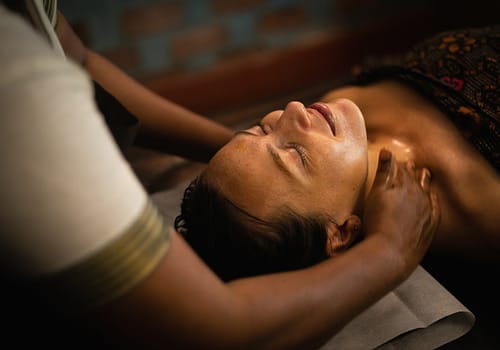

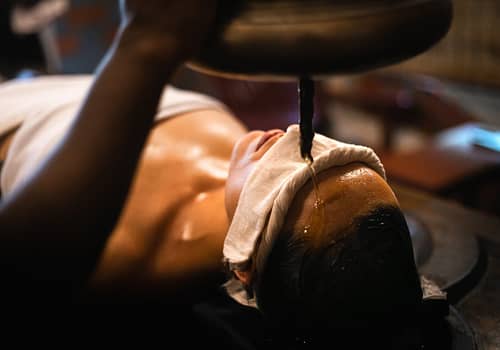
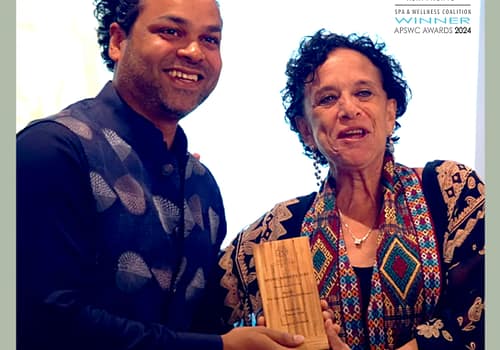























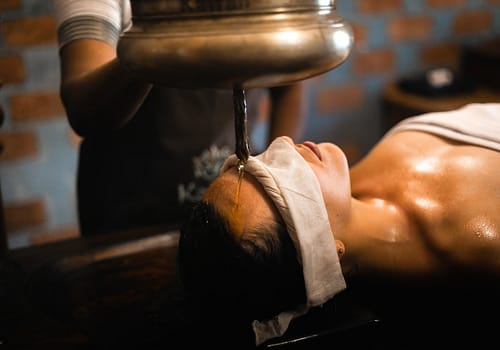













Leave a Reply